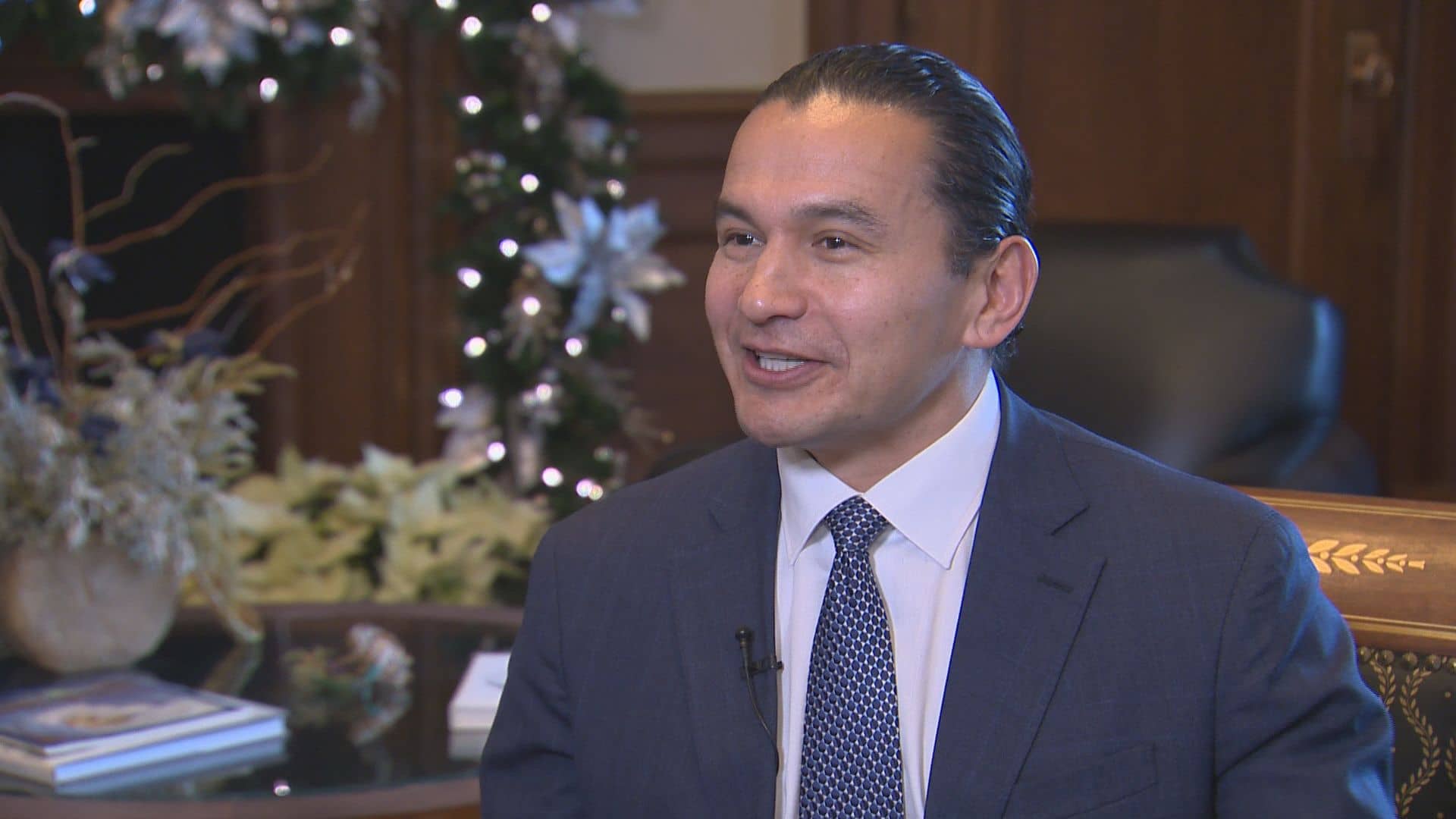Mayor Scott Gillingham and leading Wab Kinew tell Global News that the City of Winnipeg and the state of Manitoba may create a plan to clean out camps and move people into housing in 2025. ” We’ll be going out and providing a 30-day time to work with individuals in camps”, Kinew said. The bottom line is that a camp is no longer a permanent solution, according to Kinew, who stated that service providers will move people into housing with “wraparound” vices and emotional health sustains within 30 days. Once all the people in the area are housed, they may not be able to profit, though Kinew didn’t elaborate on how that would be enforced. We make it clear that no one is returning to this place with tents. Once we have individuals in housing and have people who need support, he said, we won’t let houses to be set up in this area. According to Kinew and Gillingham, the program will see all service companies collaborate. ” The state, the area, there’s a responsibility for the federal government, Aboriginal institutions, non-profit market, private sector, all moving in the same direction in a co-ordinated effort to address homelessness”, Gillingham said. Gillingham said the area has set up a “non-profit cover manager” for service providers. Gillingham said,” That people makes one visit to one individual and that man helps them understand all things related to getting their cover built.” According to Kinew, the state has purchased cover to support the program. When people are moved out of houses due to legal challenges or roadblocks, it relies on the claim that there aren’t enough cover options for those people. We believe we’ve addressed that”, he said. Tessa Blaikie Whitecloud, the organization’s CEO, claims that the task was discussed and that it will create 700 to 1, 000 housing units over the next ten years. She claims that Winnipeg has about 3,500 homeless people who are currently experiencing poverty, but only about 100 housing units that can afford to rent at the same level as someone receiving income and employment assistance. ” This program… is focused on supporting people out of outposts. The vital component is that it’s about bringing casing online to do that,” she said. Marion Willis, the creator of St. Boniface Street Links, calls it a” significant phase ahead.” Because that’s exactly what our group has been doing for the past four or five years, she said,” I feel a little tested.” Trending Then
Ex-OpenA I scientist who filed legal questions about the technology he helped create passed away.
Bank of Canada’s major rate reduce was a ‘ near call,’ minutes present
Executive director of the Winnipeg’s Social Planning Council, Kate Kehler, says,” I congratulate the state on having the courage to try something new.” There are so many people who are just hardly hanging on to their houses, she said. She is interested in learning more about the plan’s funding strategy. ” When I say information, I’m really talking about sources, as in funds, in order to help anyone co-ordinate. Co-ordination does not come free. In truth, it’s not cheap yet. But the groups already out there, they’re currently doing the work. They now know how to operate together. But there has to be large, large tools put towards allowing them to co-ordinate properly”, she said. Greg Burnett, the executive director of the Downtown Community Safety Partnership, was a member of a group that traveled to Houston, Texas to see its homelessness model. He said,” I believe it is a success that we are all talking at all levels of government once more and all the companies who are working on this.” Kine said he has “often tried to press people we work with to act more immediately.” However, he said,” We had to put the pieces back together first.” ” In a rich country like Canada, the idea that we accept tents as a permanent solution, I think it’s time we leave that in the past” .&, copy 2024 Global News, a division of Corus Entertainment Inc.



